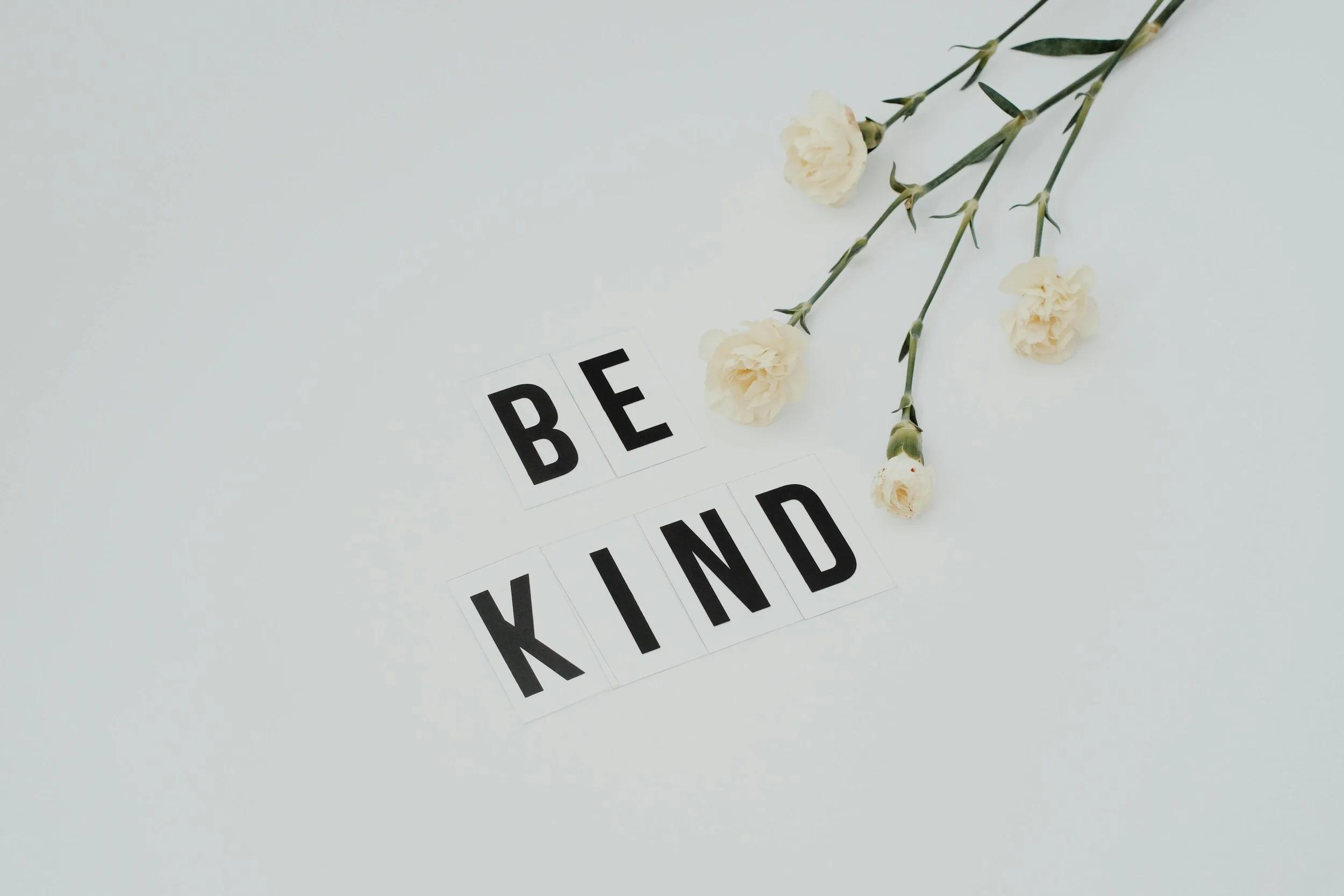The Power of Kindness
Living the Dalai Lama’s Wisdom Through Metta Meditation
“Be kind whenever possible. It is always possible,” the Dalai Lama once said. These simple yet profound words carry a timeless truth that can transform our lives and the world around us. In a fast-paced, often divisive world, the call to kindness is a gentle but powerful reminder of our shared humanity. By constantly reminding ourselves of this principle and practicing Metta (loving-kindness) meditation, we can cultivate a mindset of compassion and make kindness a way of life.
Kindness is not just a fleeting act; it’s a deliberate choice to approach every interaction with empathy and care. The Dalai Lama’s assertion that kindness is always possible challenges us to look beyond our frustrations, biases, or circumstances. Whether it’s offering a smile to a stranger, listening patiently to a friend, or choosing forgiveness over anger, kindness is a universal language that transcends barriers. By keeping this quote at the forefront of our minds, we create a mental anchor that guides our actions, even in difficult moments.
One powerful way to internalize this philosophy is through Metta loving-kindness meditation, a Buddhist practice designed to foster compassion for ourselves and others. Metta begins with directing love and kindness inward, recognizing that we cannot give what we do not have. Sitting quietly, we repeat phrases like, “May I be happy. May I be healthy. May I live with ease.” This self-compassion lays the foundation for extending kindness outward. Gradually, we include loved ones, acquaintances, strangers, and even those with whom we have conflicts, wishing them the same peace and happiness. The practice rewires our hearts to see everyone as deserving of care, aligning perfectly with the Dalai Lama’s wisdom.
The quote also resonates with another principle: “Try to help them rather than hurt them.” This mindset shifts our perspective from judgment to understanding. Imagine a co-worker who snaps at you during a stressful meeting. Instead of reacting with anger, consider that they might be struggling with personal challenges. By choosing to respond with patience or offering a kind word, you not only de-escalate tension but also create a ripple effect of positivity. Helping rather than hurting doesn’t always mean grand gestures; sometimes, it’s as simple as withholding a harsh comment or offering a moment of understanding.
Practicing kindness consistently requires mindfulness. We can set daily intentions to act with compassion, perhaps by reflecting on the Dalai Lama’s words each morning. Journaling about moments where we chose kindness—or missed the opportunity—can deepen our awareness. Over time, these small acts accumulate, shaping our character and influencing those around us. Research shows that kindness boosts mental health, reduces stress, and fosters connection, proving that what’s good for others is good for us too.

